One has boasted of espionage. The other revealed massive government wrongdoing. So why is the whistleblower in jail?

A sculpture called “Anything to Say,” which features life-sized bronze figures of whistleblowers (left-right) Edward Snowden, Julian Assange, and Chelsea Manning, is unveiled at Parliament Square, London, during a protest for Assange’s release from prison. (Press Association via AP Images)
The lopsided scales of the American justice system were on vivid display in England last weekend. In London’s His Majesty’s Prison Belmarsh—a fortress-like maximum security prison encircled by 18-foot water-stained concrete walls, balls of shinny razor wire and a dozen menacing guard towers—inmate A9397AY, otherwise known as Julian Assange, was into his fifth year of confinement. His accommodations consist of a plastic chair, a metal bed, and a steel toilet. That is where, for over four years, he has fought extradition to the United States on charges of espionage and computer intrusion in connection with the publication of hundreds of thousands of documents about the wars in Afghanistan and Iraq.
Last Saturday, a crowd of supporters and campaigners marched through central London calling for Assange’s freedom. “It is now or never,” the inmate’s wife, Stella Assange, told the audience in Parliament Square. “Julian could be a few weeks away from extradition. We don’t have a clear timeline, but this really is the end game.”
Nearby was a life-size bronze-colored statue of Assange flanked by statues of whistleblowers Edward Snowden and Chelsea Manning. Each was standing on their own individual chair, and in front read a banner: “Free Julian Assange. Journalism is not a crime.” Adjacent to them was an empty chair representing the general population and inviting them to stand alongside the trio.
That same weekend, 53 miles to the south in the seaside resort city of Brighton, another side of the American justice system could be seen in the Old Ship Hotel, a historic Georgian four-star establishment overlooking Brighton’s famous beach. Climbing the creaky wooden stairs to a conference hall was Arnon Milchan, who not only admitted to spending years committing espionage in the United States, including recruiting spies and smuggling out nearly 1,000 highly sensitive krytrons—triggers for nuclear bombs—but even boasted about it. Yet he was never indicted or even allowed to be questioned by the FBI. Unlike Assange, Milchan, who lived in Malibu, was a multibillionaire Hollywood producer with many friends in very high places. From the comfort of that old hotel, he was about to testify against one of those old friends, Israeli Prime Minister Benjamin Netanyahu. According to prosecutors, Milchan’s testimony about hundreds of thousands of dollars’ worth of gifts to Netanyahu for political favors in the US could send the prime minister to prison for years.
Born in Israel, Milchan began working for his country’s nuclear spy agency, LAKAM, in his 20s. That was a time when one of Israel’s closest allies was the racist apartheid government of South Africa, and Milchan’s job was to secretly become the major arms dealer between the two countries. For years, many of the weapons provided by Milchan were used by the white supremacist government to violently suppress the country’s segregated Black population. And because South Africa was attempting to develop nuclear weapons, Milchan even took part in delivering a critical nuclear component to the apartheid government: tritium.
Later, Milchan secretly became a key player in the racist government’s covert effort to promote pro-apartheid propaganda around the world. That, in fact, was how he became a Hollywood producer—by attempting to spread pro-apartheid propaganda throughout the American entertainment industry. Among his early ventures was a Broadway musical, Ipi Tombi. It instantly attracted angry protests and pickets. Among the groups was the Emergency Committee to Protest the South African Production of Ipi Tombi, which included an executive from WNET (the local PBS station), the editor in chief of Essence magazine, and the president of the Black Theater Alliance. Their grievances focused on “the exploitation of blacks by South Africans” and “America’s cooperation and support of the present South African government.” The production quickly closed.
Nevertheless, the gambit worked and Milchan soon established himself in Hollywood as a film producer. It was the perfect cover for his second venture: to become Israel’s key nuclear spy and smuggler in the United States.
While overtly producing high-profile movies with stars like Robert De Niro, he covertly set up a front company, Milco, a 40-minute drive south of Los Angeles in Huntington Beach. The operation was run by his co-conspirator, Richard Kelly Smyth, an American, and used fraud to bypass restrictions on the transfer of military and nuclear weapons–related products to Israel—among them, nearly a thousand krytrons for Israel’s illegal nuclear weapons program. Eventually, the operation was detected by the FBI and Smyth was arrested. Facing 105-years in prison, he and his wife fled the country and hid out in Spain. But as a result of high-level strings pulled by Netanyahu—then Israel’s acting ambassador to Washington—a deal was reached with the Reagan administration whereby no action was taken against Milchan.
Sixteen years later, in 2001, Smyth was finally arrested and deported back to the United States. Once again facing prison, he now laid out the entire operation to FBI agents, including Milchan’s key role. Additionally, the agents still had all the incriminating documents seized during the initial raid. But as before, the FBI was prevented from moving forward with an arrest, likely for the same reason: fear of creating a political storm that might impact voting by angering the powerful pro-Israeli lobby in a future presidential election. Milchan therefore continued to live happily ever after in Malibu with a renewable 10-year visa, while making billions from his films, while his former partner rotted away in prison.
Despite Milchan’s background as a key weapons supplier and propagandist for the racist South African government, he has never suffered any blowback from the Hollywood crowd. On the contrary, he was even awarded two Oscars for Best Picture, ironically including one for 12 Years a Slave. And in addition to such hits as Pretty Woman, he has also made a number of spy films, including Mr. & Mrs. Smith, starring Brad Pitt and Angelina Jolie. But although he would always sort of wink and smile whenever anyone asked him about his espionage background, he would never fully confirm it, except to close friends.
Until 2013, when he finally gave in to the temptation to boast about his life after he was asked by a local Israeli television program, Uvda, for an interview. He may have thought that since the program was in Hebrew and not broadcast outside the country, no one in the United States would see it and he could thus portray himself as a great Israeli hero.
The program was hosted by Ilana Dayan, a relative of Moshe Dayan, who interviewed Milchan in the US, in Israel, and on his private jet. She later said she was surprised that Milchan would admit to being a spy, thus exposing himself to criminal liability in the United States, and to his role as an arms dealer and top propagandist for the white supremacist government of South Africa.
“In retrospect, it was in there, it was in him, it was waiting to burst out,” Dayan said. “It is very evident. Two minutes before landing, all of a sudden it comes out. ‘I did it, I did it for Israel.’ ” Dayan also interviewed actor Robert De Niro, a close friend of Milchan who has appeared in many of his films. He admitted that though Milchan told him years before about his espionage and krytron smuggling operation, he never reported him. He “told me that he was an Israeli and he of course would do these things for his country,” De Niro told Dayan.
Unfortunately for Milchan, the interview on Uvda managed to catch the eye of someone in the US State Department, and suddenly his 10-year visa was pulled; the FBI may also have begun taking a second look at him. In a panic, Milchan got in touch with his old friend Prime Minister Bibi Netanyahu and asked for his help. Netanyahu in turn telephoned Obama administration Secretary of State Kerry at least three times attempting to resolve the matter. At one point, Netanyahu’s special envoy, Isaac Molho, called a State Department official and said, “The prime minister wants to speak with Secretary Kerry urgently.” A few hours later, Kerry and Netanyahu connected.
But because of the request for urgency by Molho, with whom Kerry had worked closely on Israeli-Palestinian issues, Kerry assumed that Netanyahu wanted to talk to him about the peace process, then at the top of the Obama administration’s agenda. Instead, the “urgent” phone call had only to do with Milchan’s visa. At the time, Kerry couldn’t be bothered with the issue, but Netanyahu turned more aggressive, almost demanding his personal intervention.
“One day I got a phone call from abroad, it was John Kerry calling me himself,” said Hadas Klein, Milchan’s assistant in Israel. Milchan was in Malibu at the time, but soon Klein connected the two by phone. “I’ve heard a lot about you, come and meet me at the hotel,” Kerry said. Milchan said he was happy to meet with him and that the two eventually became good friends. Nevertheless, Kerry said the visa matter was now with the Department of Homeland Security—and in the end, Milchan got his extensions.
Thus, instead of an indictment and arrest warrant by the FBI for espionage and nuclear smuggling, the billionaire was granted a personal meeting with the US secretary of state, who became another of his powerful friends, as well as a visa extension. But Milchan knew that favors from Netanyahu didn’t come cheap, and that there would be a high price to pay: a high price in the form of very expensive “gifts” for Netanyahu. “Gifts” that were always demanded and not voluntarily given. “Gifts” that could go on for years as repayment. But, as he would later tell Klein, “There’s no choice.”
Ironically, although the FBI never came knocking at Milchan’s door, the Israeli police did. And to avoid his own indictment for bribery, he agreed to testify for the prosecution against his old friend the prime minister. Which is what brought him to the Old Ship Hotel last weekend. Possibly worried about arrest by both the FBI and the Israeli police, Milchan moved from Malibu to an estate in the British county of Sussex, not far from Brighton, and then claimed he was too sick to travel to Israel. Thus, Israeli officials arranged for a live broadcast of his testimony from a conference hall at the hotel to a courtroom in Jerusalem—testimony that is expected to continue over the next two weeks.
In a just world, the roles would be reversed, with Milchan extradited from England and sitting in a dank American jail cell and Assange freed from Belmarsh and relaxing in a beachside hotel in Brighton. Instead, we live in a world where billionaire spies and racist propagandists with powerful movie star friends and high-level connections receive accolades from Hollywood and favors from the US government. And courageous whistleblowers and journalists like Julian Assange go to prison.

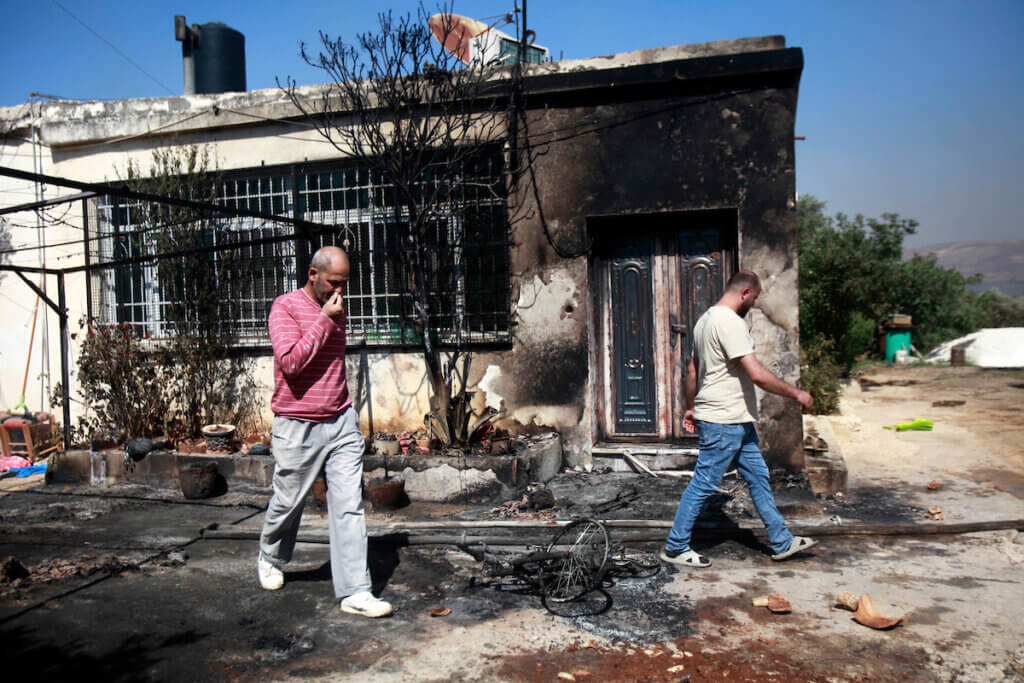
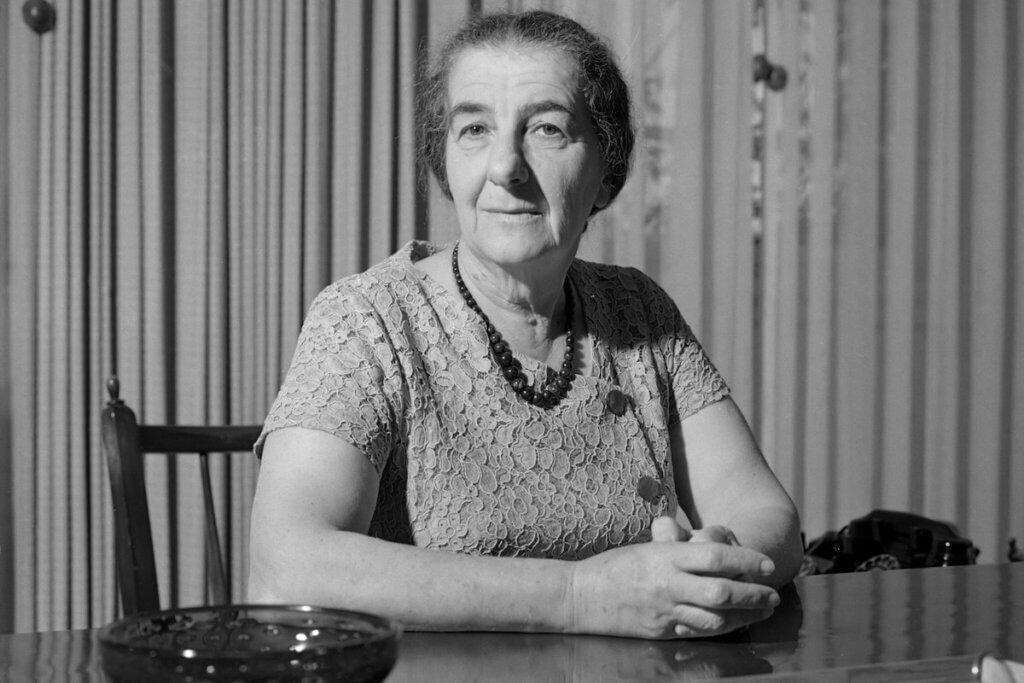

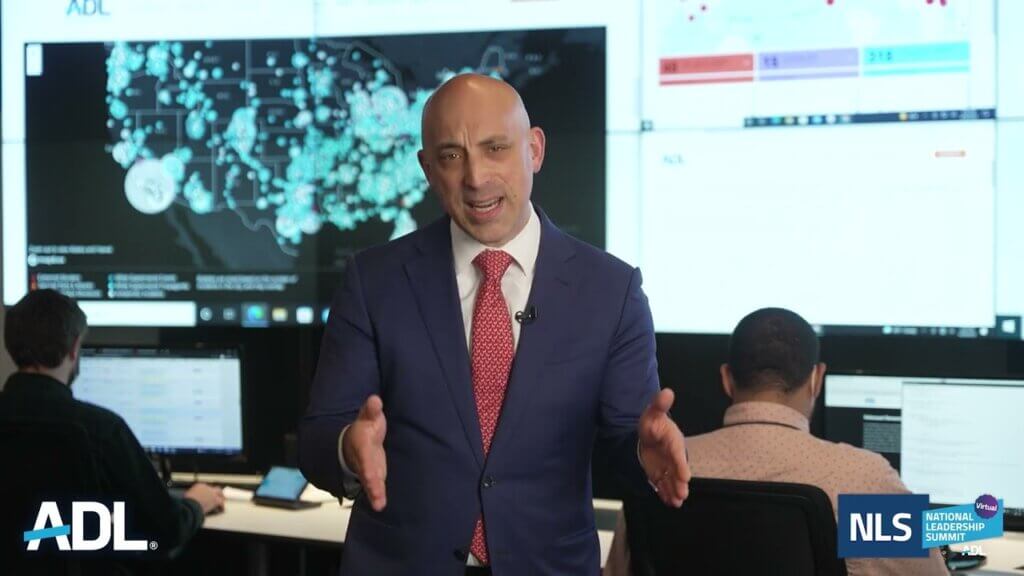
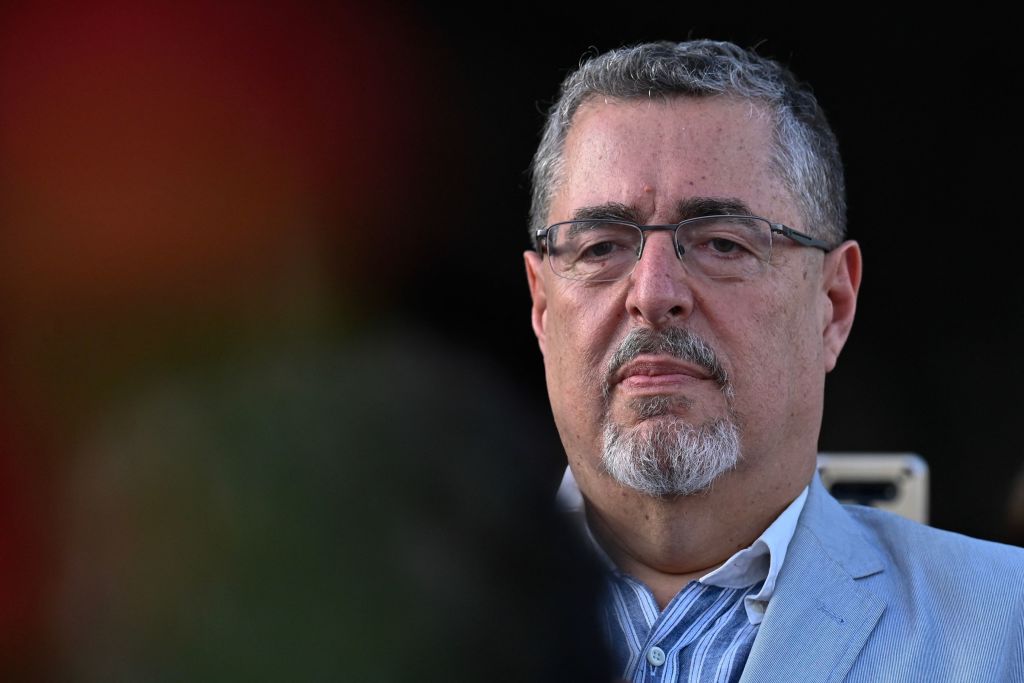
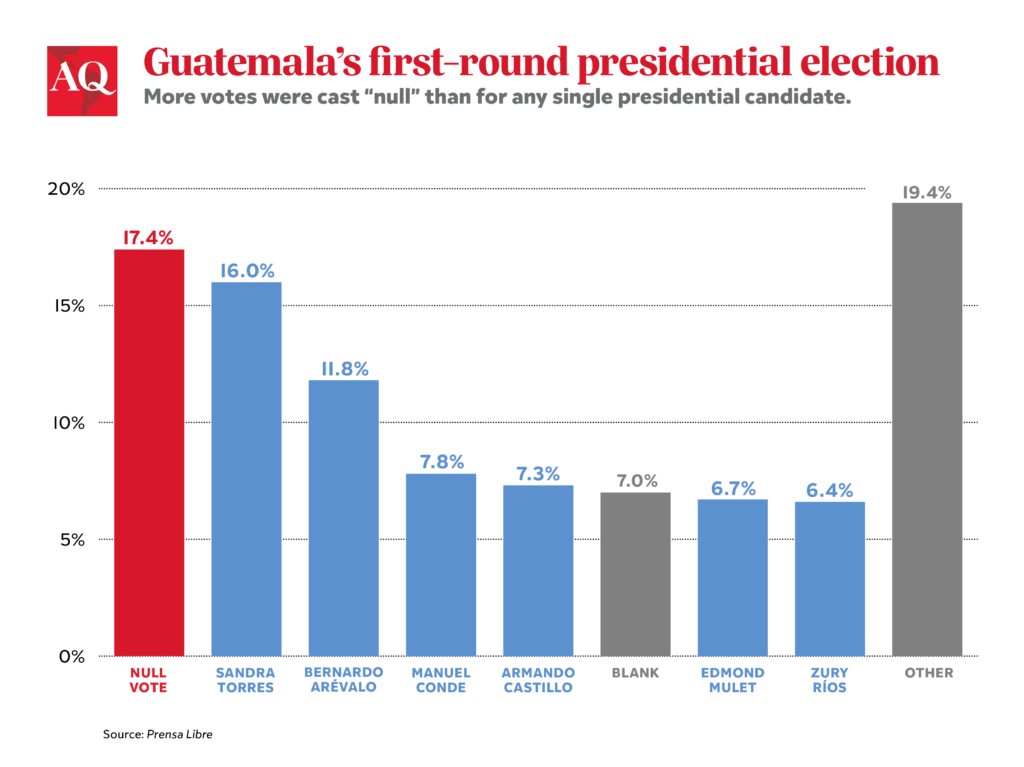
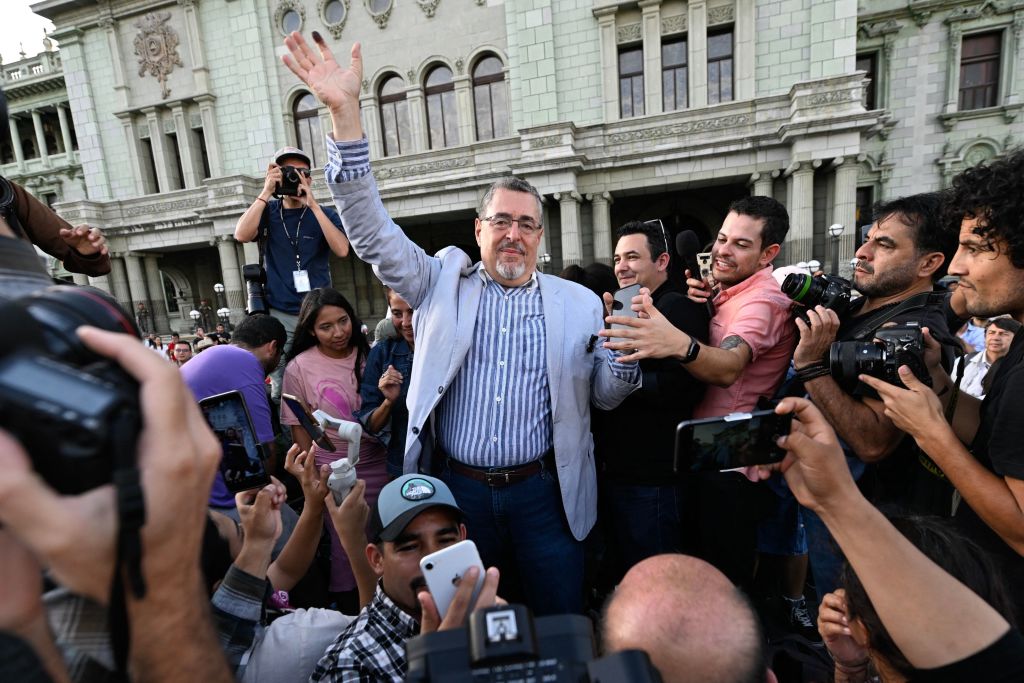
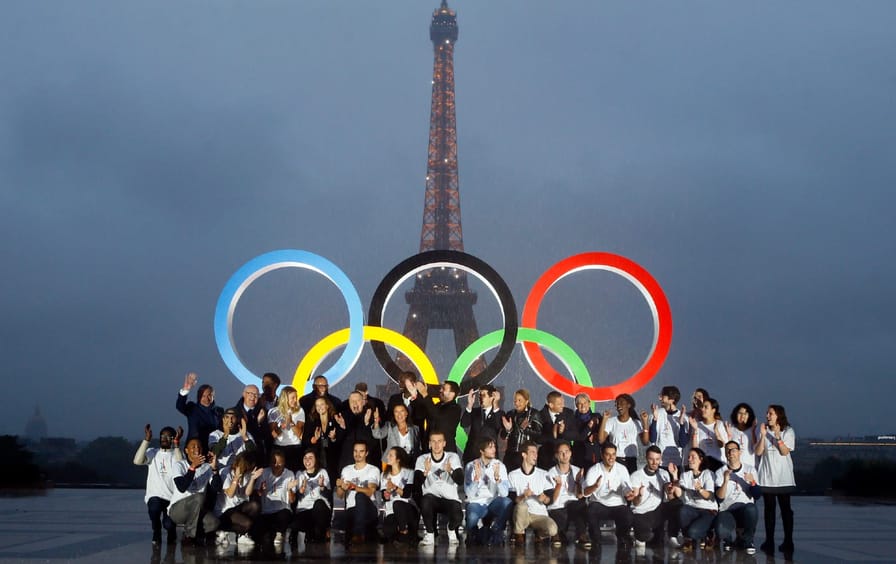

:quality(70)/cloudfront-eu-central-1.images.arcpublishing.com/thenational/FXVO6FXGVZJE5YEUAOKFNEOXO4.jpg)
:quality(70)/cloudfront-eu-central-1.images.arcpublishing.com/thenational/KSFOZ7KUEBBBLM7K56B5IFIG4E.jpg)
:quality(70)/cloudfront-eu-central-1.images.arcpublishing.com/thenational/6EBXJ5F3VZB4RH6IBYIIWQPN3E.jpg)